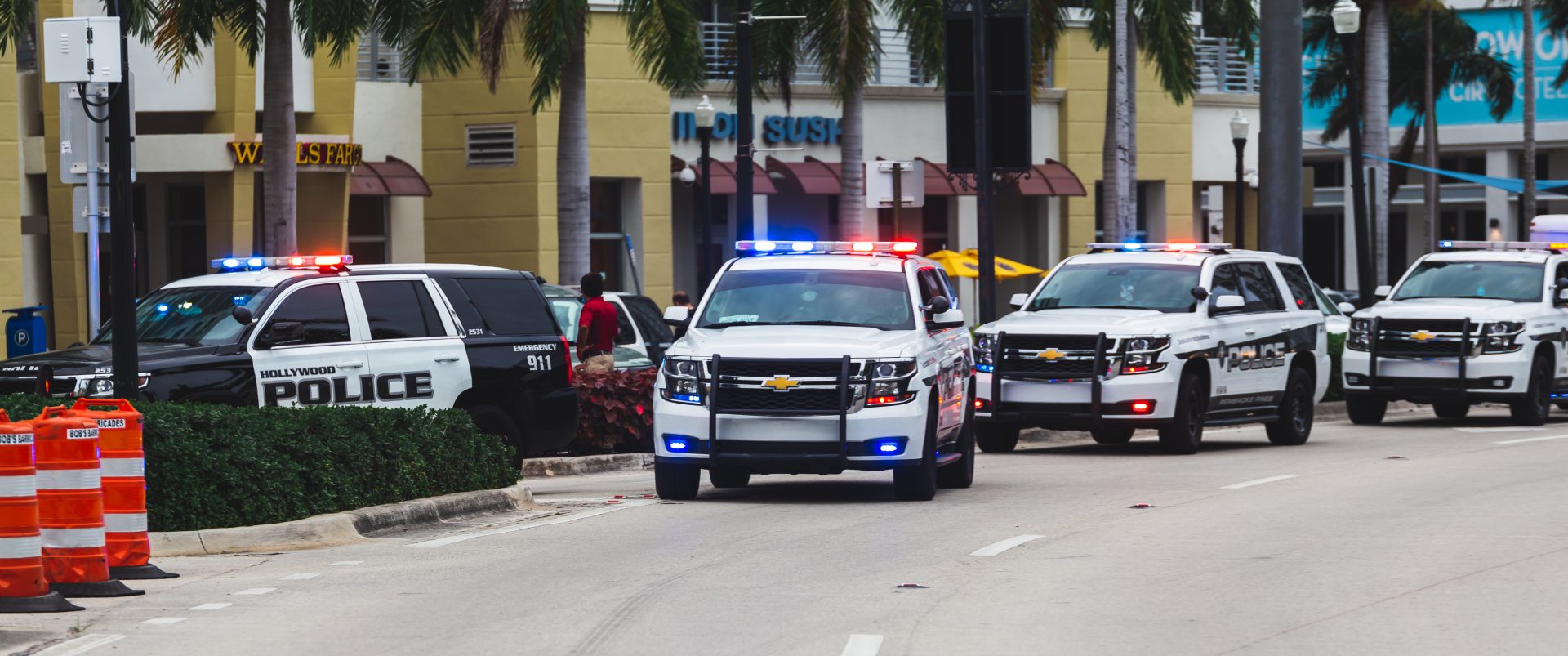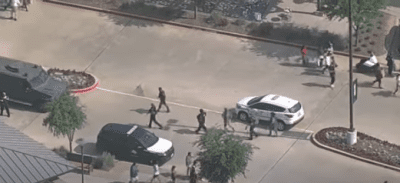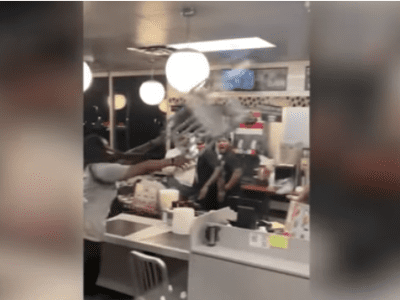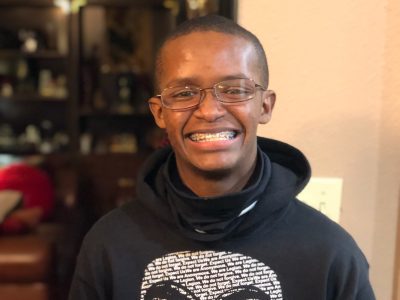A routine morning drive to class turned into a traumatic encounter for Braylen Kizzee, a 19-year-old Mary Hardin-Baylor University student, when law enforcement officers mistook him for a robbery suspect in Fort Bend County, Texas.
A near-fatal case of mistaken identity
According to The Atlanta Black Star, the incident unfolded when two unmarked vehicles forced Kizzee’s car off the road. Without identifying themselves as law enforcement, officers emerged with weapons drawn, threatening lethal force. Kizzee found himself crawling on hands and knees across the pavement, believing he was being carjacked.
The officers’ aggressive tactics came to an abrupt halt when they removed Kizzee’s beanie and realized their error. Their actual target was a Kentucky fugitive wanted for ATM robberies — a man several inches taller than Kizzee with distinctive neck tattoos. Kizzee, by contrast, had no criminal record or tattoos.
When procedures fail
The Gulf Coast Violent Offenders Task Force, operated by the U.S. Marshals Service, later confirmed their officers’ involvement in the incident. The gravity of their procedural failures became especially clear through the perspective of Kizzee’s father, a fellow law enforcement officer, who highlighted multiple violations of standard protocol — from the use of unmarked vehicles to the failure to identify themselves as law enforcement.
The officers’ subsequent apology at the Kizzee family home and offer of a vehicle damage claim form did little to address the deeper impact of their actions. For the Kizzee family, the incident represented more than property damage; it exemplified the persistent issues of racial profiling and procedural misconduct that continue to plague law enforcement interactions.
Living with the aftermath
While Kizzee escaped with minor physical injuries, the psychological impact runs deep. Sleep disturbances and persistent anxiety now shadow his daily life. Yet remarkably, the experience hasn’t deterred his career aspirations in law enforcement. Instead, it has strengthened his commitment to proper procedure and human dignity in police work.
This incident serves as a sobering reminder of how quickly routine situations can escalate when proper protocols are ignored. It adds to the growing collection of experiences that demonstrate the urgent need for reform in law enforcement practices, particularly in how officers approach and engage with community members.
The broader implications extend beyond this single incident, touching on fundamental issues of community trust, police accountability and the ongoing challenge of ensuring equal treatment under the law. As communities nationwide grapple with these challenges, stories like Kizzee’s illuminate the human cost of procedural failures and the critical importance of getting it right.
Progress demands more than apologies and damage claims — it requires systematic change in how law enforcement operates, trains and holds its members accountable. Until then, communities will continue to bear witness to incidents that leave lasting trauma in their wake, even when physical injuries heal.

















